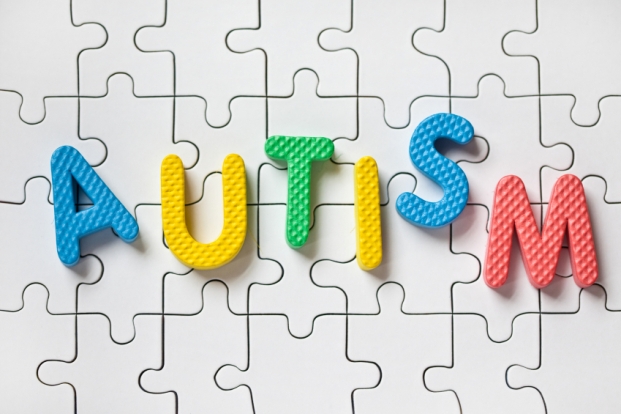Prevalence of Autism and risk factors
in Neurology
Apr 19, 2022
Prevalence of ASD
- Approximately every 1 in 59 kids has been identified with ASD or autism spectrum disorder as per an international survey
- Autism spectrum disorder is reported to take place in all ethnic, radical, or socioeconomic group
- ASD is approximately four times more common in boys as compared to girls.
- Around 1 in 6 kids in the US were found to have the developmental disability from the years 2006 to 2008, ranging from the mild disabilities like speech & language impairments to the serious disabilities like cerebral palsy, autism and intellectual disabilities.

Risk factors & characteristics
- As per studies, among the identical twins, if 1 child is suffering from ASD, the other one may be affected approximately 36% to 95% of the time. In the non-identical twins, if 1 child has got ASD, the other 1 gets affected approximately 0% to 31% of the time.
- Parents that have a kid with autism spectrum disorder have 2% to 18% chances of having another kid affected with ASD.
- Autism spectrum disorder tends to take place more often in the individuals with certain chromosomal or genetic conditions. Approximately 10% kids having autism are identified with fragile X syndrome, down syndrome, tuberous sclerosis External or other chromosomal or genetic disorders
- Almost half of kids having ASD have an average to an above average intellectual ability
- Children that are born to the older parents are at higher risk of having autism spectrum disorder.
- A small number of kids born premature or with a low birth weight have higher risk of having autism spectrum disorder
- Autism spectrum disorder commonly occurs along with the other, psychiatric, developmental, neurologic, genetic and chromosomal diagnoses. Co-occurrence of 1 or more non-ASD diagnoses is 83%. Co-occurrence of 1 or more psychiatric diagnoses is 10%.








